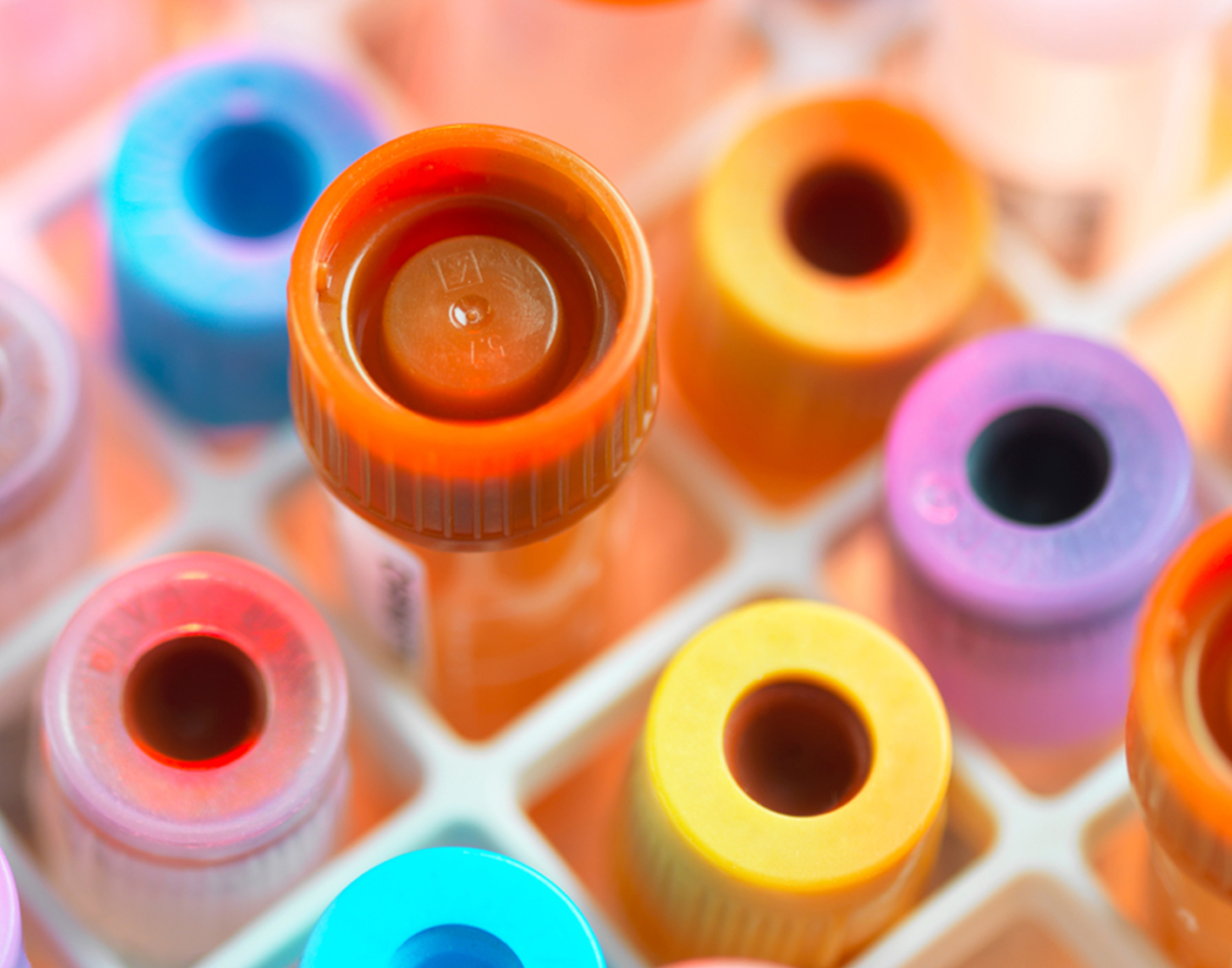
Immunofixation blood test
Definition
The immunofixation blood test is used to identify proteins called immunoglobulins in blood. Immunoglobulins are proteins that function as
Alternative Names
Serum immunofixation
How the Test is Performed
A
How to Prepare for the Test
There is no special preparation for this test.
How the Test will Feel
When the needle is inserted to draw blood, some people feel moderate pain. Others feel only a prick or stinging. Afterward, there may be some throbbing or a slight bruise. This soon goes away.
Why the Test is Performed
This test is most often used to check the levels of antibodies when certain cancers and other disorders are present or suspected.
Normal Results
A normal (negative) result means that the blood sample had normal types and levels of immunoglobulins. The level of one immunoglobulin was not higher than any other.
What Abnormal Results Mean
An abnormal result may be due to:
Amyloidosis (buildup of abnormal proteins in tissues and organs)Leukemia (cancer of the bone marrow)Waldenström macroglobulinemia (types of lymphoma)- Lymphoma (cancer of the lymph tissue)
- Monoclonal gammopathy of unknown significance (MGUS, a type of blood disorder)
Multiple myeloma (a type of blood cancer)- Other cancers
- Infection
Risks
There is little risk involved with having your blood taken. Veins and arteries vary in size from one person to another and from one side of the body to the other. Taking blood from some people may be more difficult than from others.
Other risks associated with having blood drawn are slight, but may include:
- Excessive bleeding
Fainting or feeling lightheaded- Multiple punctures to locate veins
Hematoma (blood accumulating under the skin)- Infection (a slight risk any time the skin is broken)
References
Gertz MA, Dispenzieri A. Amyloidosis. In: Goldman L, Cooney KA, eds. Goldman-Cecil Medicine. 27th ed. Philadelphia, PA: Elsevier; 2024:chap 174.
McPherson RA. Specific proteins. In: McPherson RA, Pincus MR, eds. Henry's Clinical Diagnosis and Management by Laboratory Methods. 24th ed. Philadelphia, PA: Elsevier; 2022:chap 20.
Rajkumar SV, Dispenzieri A. Multiple myeloma and related disorders. In: Niederhuber JE, Armitage JO, Kastan MB, Doroshow JH, Tepper JE, eds. Abeloff's Clinical Oncology. 6th ed. Philadelphia, PA: Elsevier; 2020:chap 101.
Review Date: 17/06/2024
The information provided herein should not be used during any medical emergency or for the diagnosis or treatment of any medical condition. A licensed physician should be consulted for diagnosis and treatment of any and all medical conditions. Call 911 for all medical emergencies. Links to other sites are provided for information only -- they do not constitute endorsements of those other sites. Copyright ©2019 A.D.A.M., Inc., as modified by University of California San Francisco. Any duplication or distribution of the information contained herein is strictly prohibited.
Information developed by A.D.A.M., Inc. regarding tests and test results may not directly correspond with information provided by UCSF Health. Please discuss with your doctor any questions or concerns you may have.



























